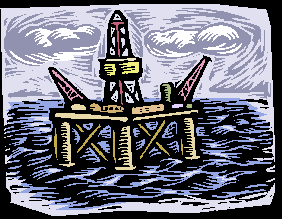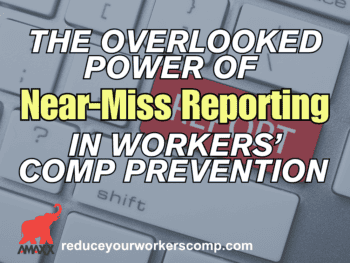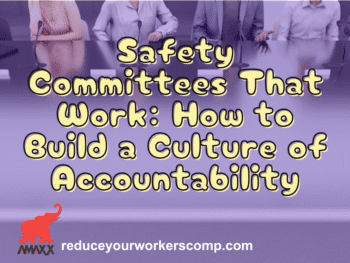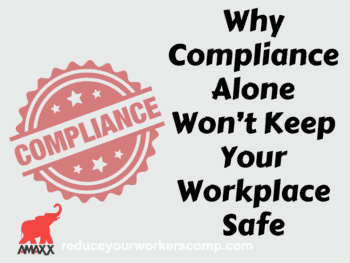The number of offshore oil and gas leaks that could potentially lead to a major incident has fallen, according to new safety statistics released by Great Britain’s Health and Safety Executive (HSE).
Figures from HSE show there were 73 major or significant hydrocarbon releases associated with offshore installations in 2010-11, compared with 85 the previous year. There were 61 recorded in 2008-09 – the lowest since HSE began regulating the industry. Overall, there continues to be a downward trend in the total of all reported hydrocarbon releases offshore.(WCxKit)
For the fourth year running, no workers were killed during offshore activities regulated by HSE and 2010-11 also saw a fall in the number of major injuries. There were 42 reported compared with 50 the previous year, bringing the total in line with the average of the previous five years.
The combined fatal and major injury rate fell to 151.8 per 100,000 workers in 2010/11, compared with 192 in 2009-10. There was also a continued fall in the number of minor injuries that led to three or more days off work, with 106; down from last year's 110 – which represents a new low in the over three-day injury rate.
There were 432 dangerous occurrences reported in 2010-11, 11 fewer than the previous year. More than a third were hydrocarbon releases (38.9 percent) and just over a quarter (25.9 percent) related to equipment failures.
Steve Walker, HSE's head of offshore safety called the statistics a step in the right direction. “It is encouraging that this is the fourth consecutive year with no reportable fatalities and a reduction in major injuries. But there is still much work to be done. Hydrocarbon releases are a key indicator of how well the offshore industry is managing its major accident risks, and the industry still hasn't matched or exceeded the record lows of two years ago. I welcome the industry's recent Step Change target of halving the number of hydrocarbon releases over three years. However, although there has been a reduction in oil and gas leaks, the industry needs to pick up the pace of improvement if it is to meet its own target. I expect all operators to be drawing up and implementing plans to achieve that goal.(WCxKit)
"The Gulf of Mexico disaster should continue to be a stark reminder of what can go wrong offshore. HSE will remain tough on companies that fail to protect their workforce by not investing in the fabric and workings of their installations or neglecting to implement effective management systems or workforce training" he said.
Author Robert Elliott, executive vice president, Amaxx Risks Solutions, Inc. has worked successfully for 20 years with many industries to reduce Workers Compensation costs, including airlines, healthcare, printing/publishing, pharmaceuticals, retail, hospitality and manufacturing. See www.LowerWC.com for more information. Contact: Info@ReduceYourWorkersComp.com.
Our WORKERS COMP BOOK: www.wcmanual.com
WORK COMP CALCULATOR: www.LowerWC.com/calculator.php
SUBSCRIBE: Workers Comp Resource Center Newsletter
Do not use this information without independent verification. All state laws vary. You should consult with your insurance broker or agent about workers comp issues.
©2011 Amaxx Risk Solutions, Inc. All rights reserved under International Copyright Law. If you would like permission to reprint this material, contact Info@ReduceYourWorkersComp.com.



























